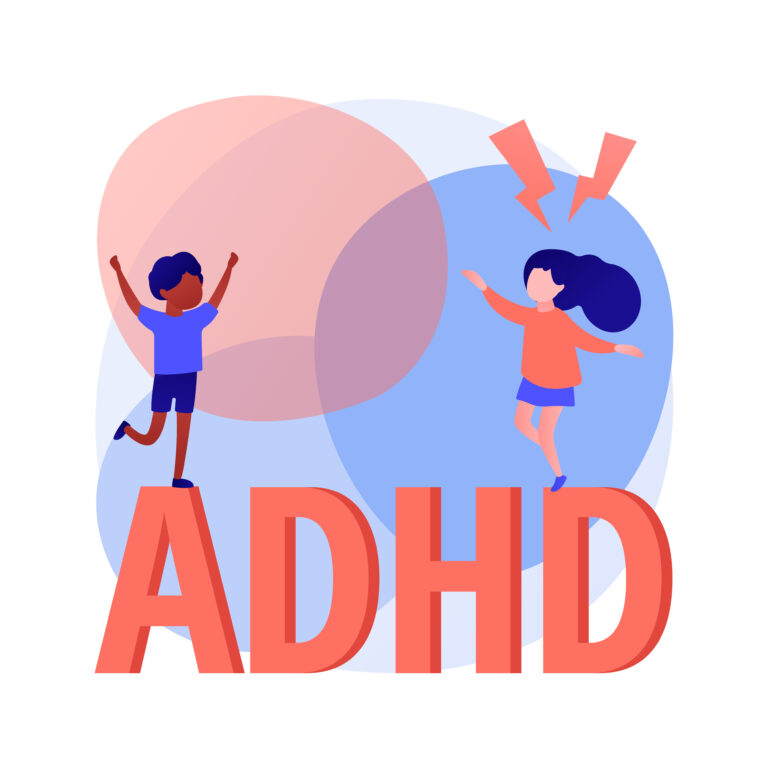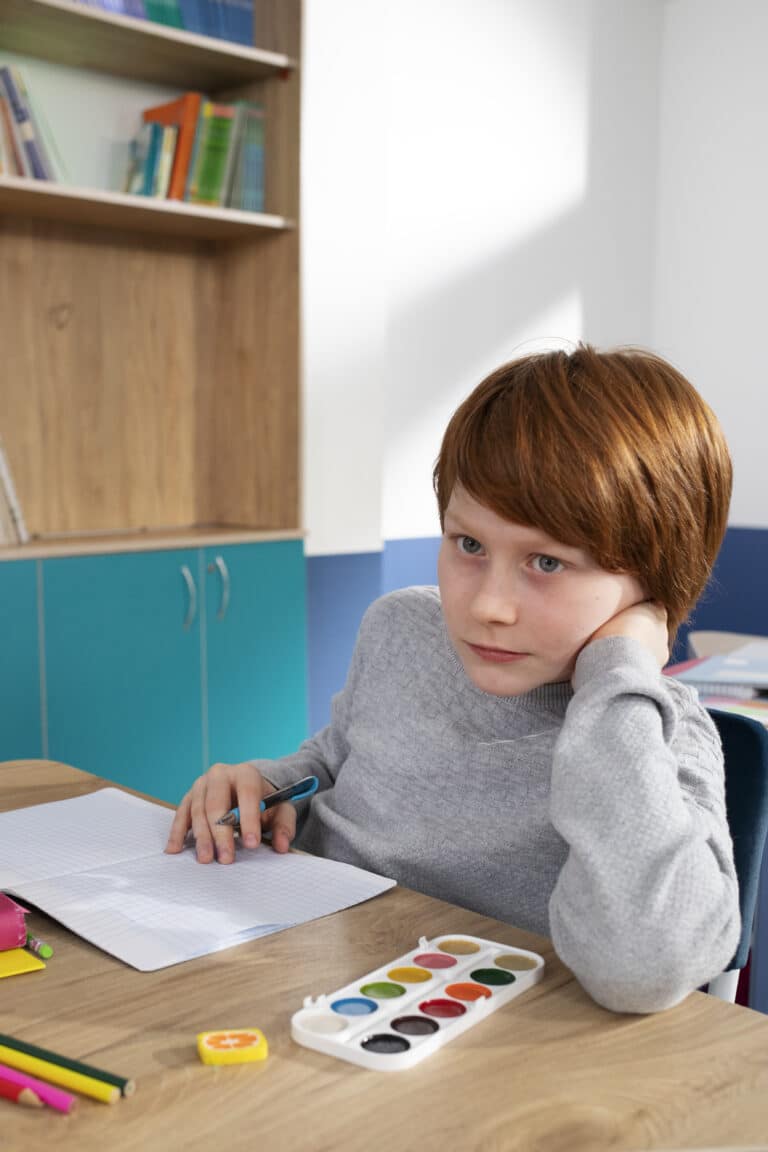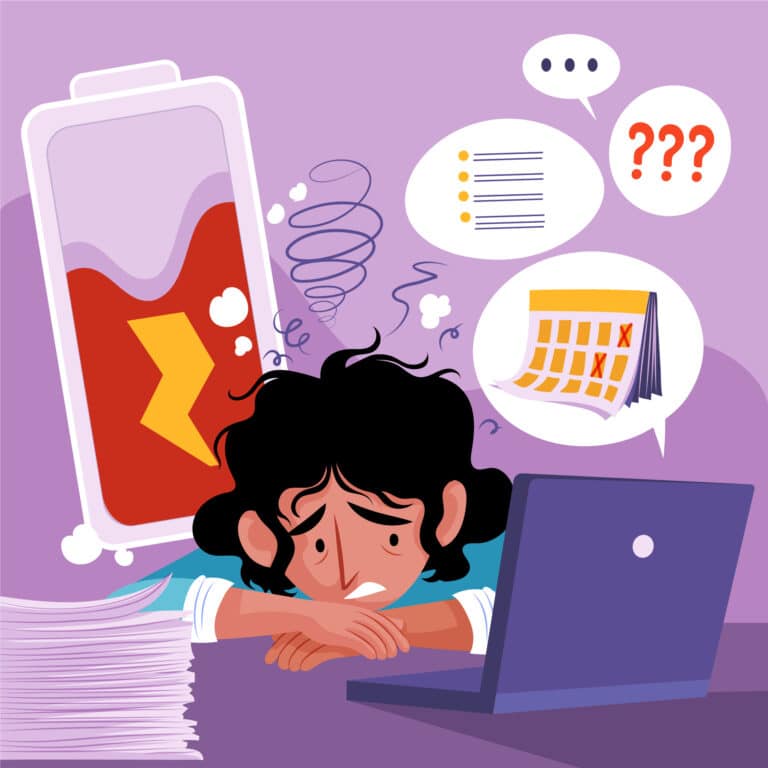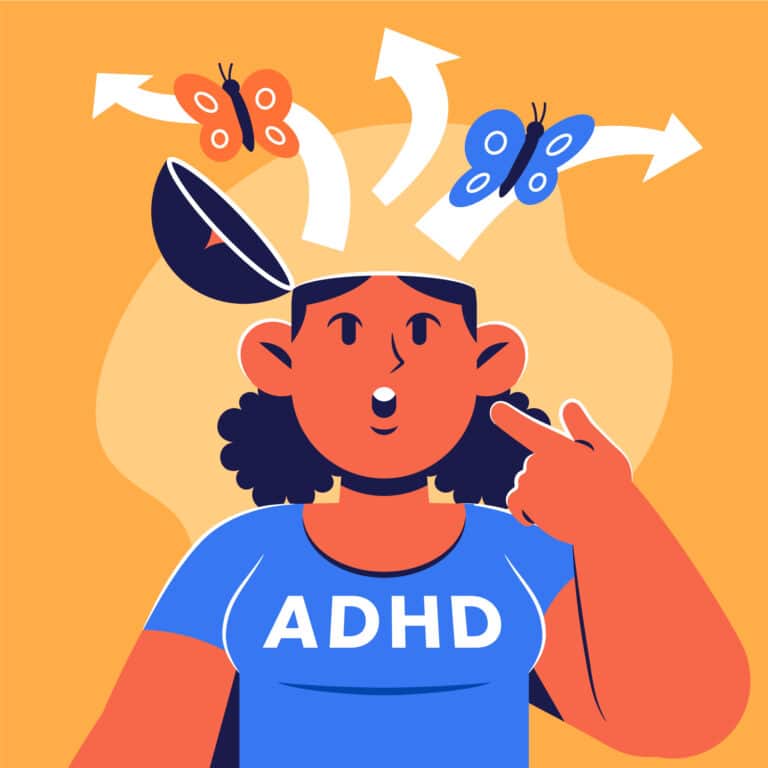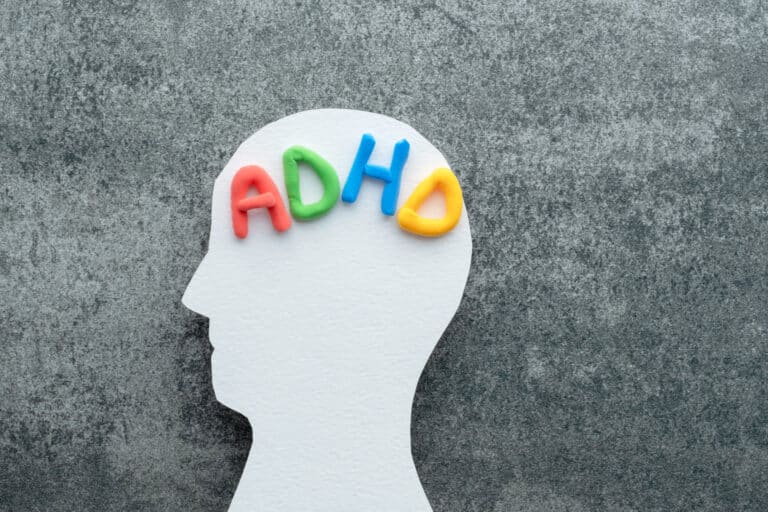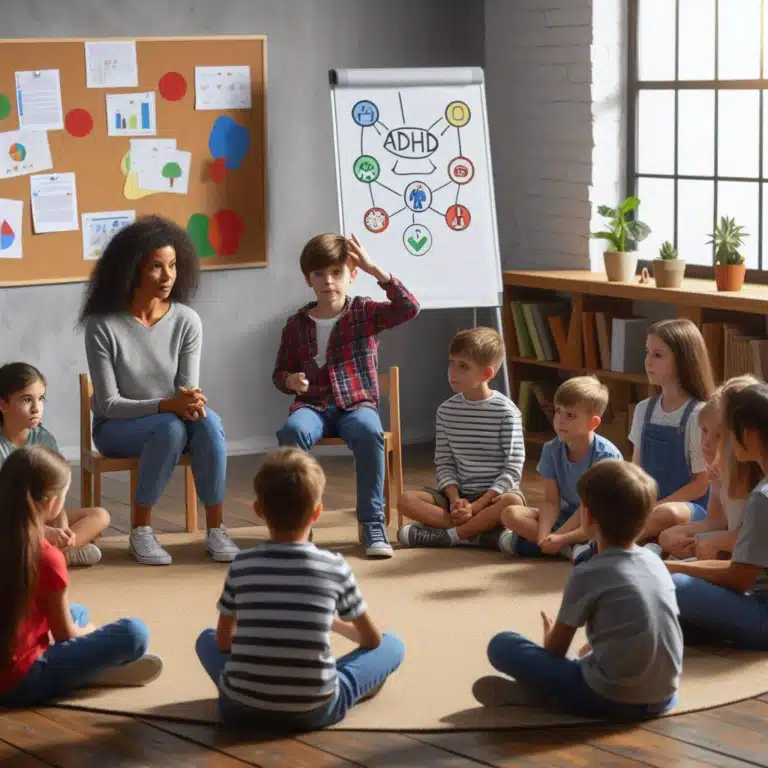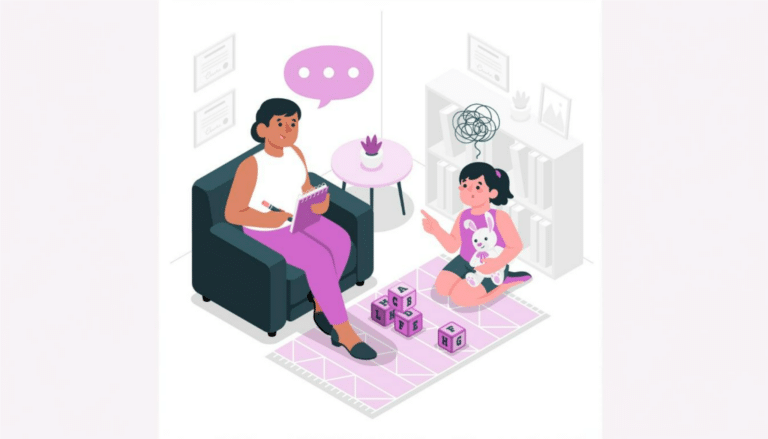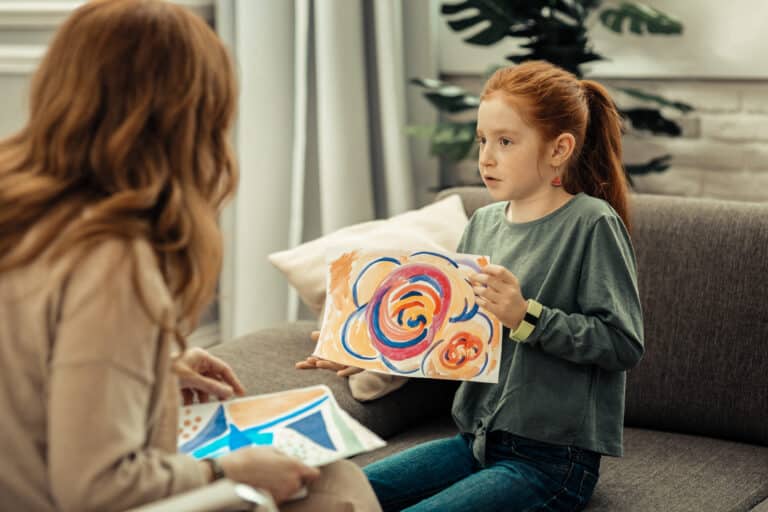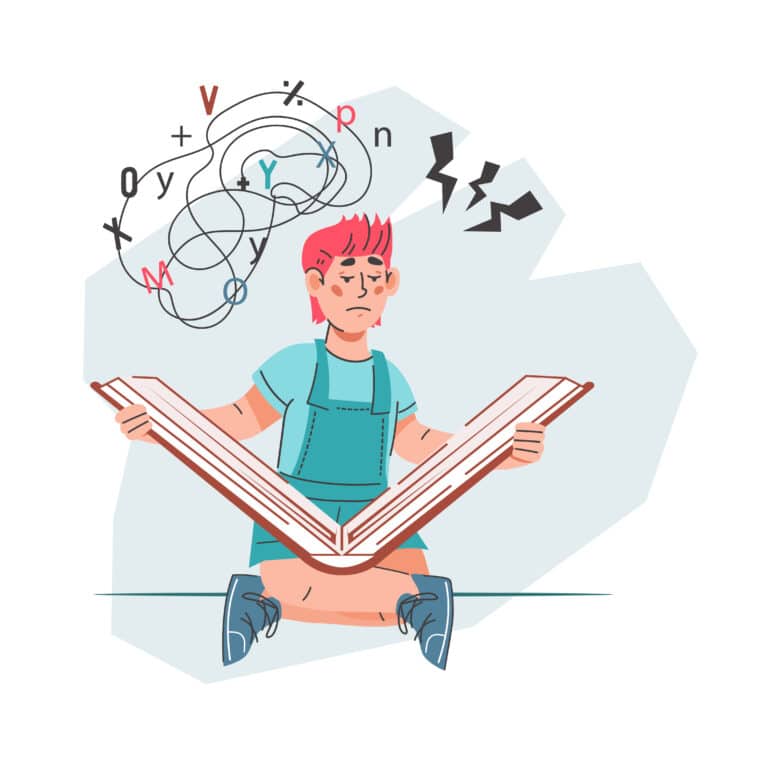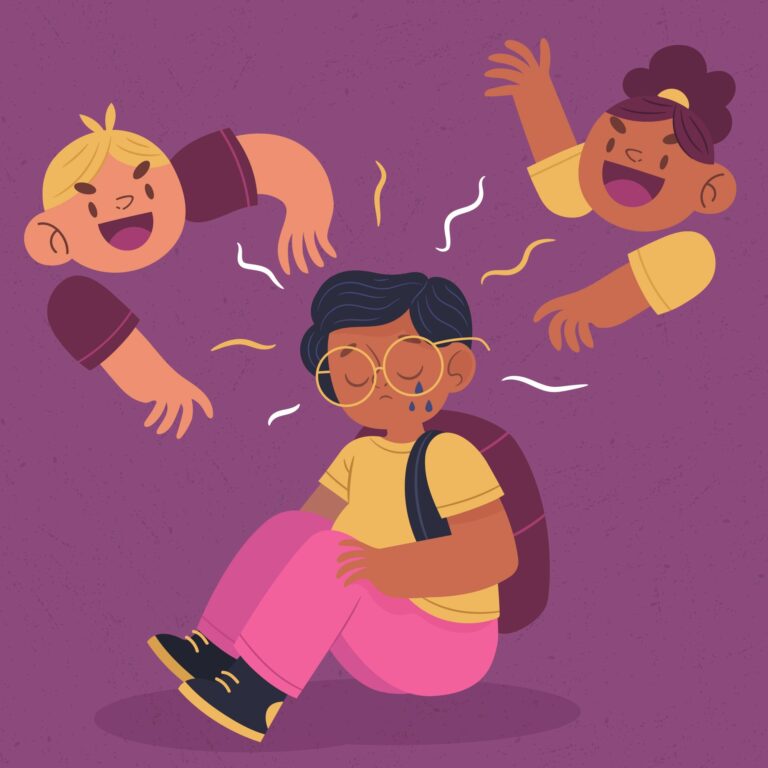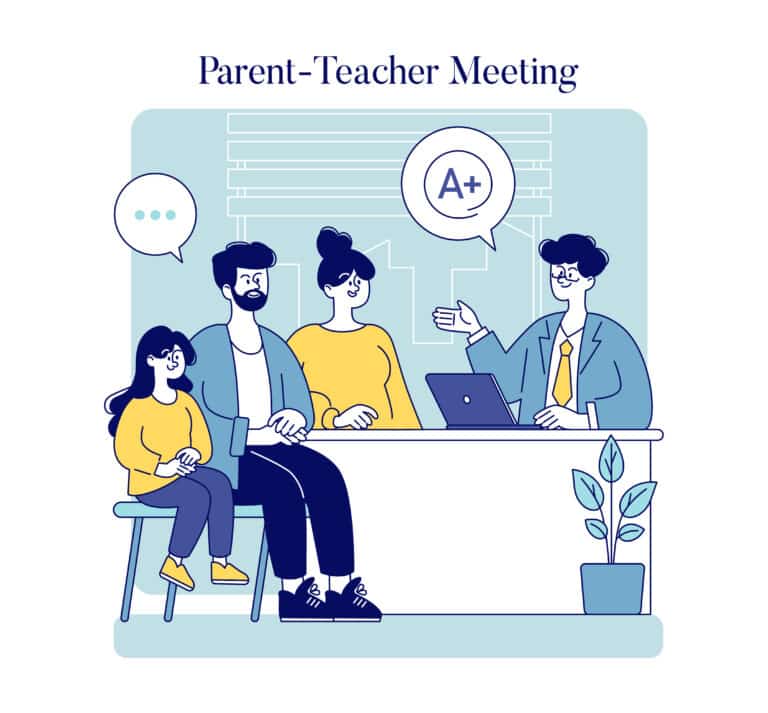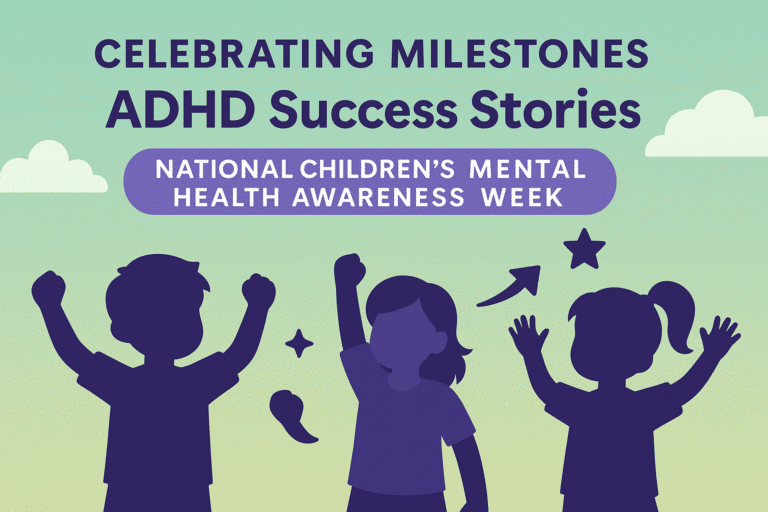Navigating ADHD, depression, anxiety, and other child mental health challenges can feel overwhelming, especially for parents seeking clear, reliable guidance. Pathformers is here to change that, offering parents, caregivers, and individuals an enhanced platform for evidence-based mental health support. With an expanded library of resources, interactive tools, and a refined focus on accessibility, the new Pathformers delivers expert insights and practical strategies to help families make informed, impactful decisions for their children’s mental well-being.
Pathformers’ Mission: Empowering Parents and Families
Pathformers was founded on a commitment to empower families by providing actionable knowledge in child mental health. Recognizing the gaps many parents face in finding timely, practical support, we’ve created an accessible platform that simplifies the complex world of ADHD, anxiety, depression, and developmental challenges. Our mission is to help you understand and confidently address these issues with tools grounded in research and practical application, turning challenges into manageable milestones.
What’s New at Pathformers?
Simplified Navigation and User-Centered Design
The Pathformers website has been restructured for ease of use, ensuring that parents and caregivers can find relevant information quickly. Our newly organized menu guides you through topics on ADHD, anxiety, depression, and more, with each section providing targeted support based on common challenges. This update reduces frustration by streamlining your search for answers, allowing you to focus on understanding and applying what you’ve learned.
An Expanded, Expert-Curated Resource Library
Pathformers’ resource library now includes in-depth resources on ADHD, depression, anxiety, emotional regulation, and behavioral challenges. Crafted by professionals led by Dr. Maya Bristow Klein, these resources provide parents with real-world strategies to implement at home. With content tailored to challenges like symptom recognition, emotional support, and behavioral interventions, our library empowers parents with the knowledge needed to support their child’s journey.
Interactive Assessments for Personalized Insights
Pathformers now offers interactive assessments that delve into ADHD, depression, and anxiety, guiding parents to identify behavioral patterns, emotional triggers, and areas where support is most needed. Whether exploring ADHD symptom management, understanding early signs of depression, or coping with anxiety, these tools offer tailored insights to make daily life more manageable.
Glossary of Terms for Clear Understanding
Our glossary demystifies key terms related to ADHD, anxiety, depression, and child psychology. Entries like “executive dysfunction” and “emotional regulation” are explained simply, allowing parents to understand and apply complex concepts within their unique family context. This tool supports parents in feeling more prepared to address their child’s needs with confidence.
Real-Life Success Stories for Shared Inspiration
Our real-life success stories highlight families who have navigated ADHD, anxiety, depression, and other challenges with resilience. These stories foster a supportive community where families can find inspiration, practical tips, and reassurance that they are not alone. Each story reflects Pathformers’ dedication to creating a space where families feel seen, supported, and empowered.
Frequently Asked Questions (FAQ) for Quick, Reliable Answers
Our FAQ section provides reliable answers on ADHD, depression, anxiety, and more, covering common inquiries like “How can I help my child with emotional regulation?” or “What should I know about managing childhood depression?” Designed to be concise and practical, the FAQ is a valuable tool for parents seeking immediate guidance.
Expert-Led Courses for Comprehensive Understanding
Pathformers offers expert-led courses that cover essential mental health topics. Our “Understanding Depression in Older Children and Teens” course helps parents recognize signs, create supportive environments, and understand treatment options. The “Managing Anxiety in Children and Teens” course provides tools for handling various anxiety types, and “Focusing on ADHD” offers comprehensive guidance on ADHD management. Each course includes engaging video lessons and worksheets for immediate application, breaking down complex topics into manageable, practical steps.
Joining Pathformers: Your Partner in Child Mental Health
Pathformers is more than just a resource platform—it’s a community committed to supporting families through every stage of their mental health journey. Offering evidence-based resources, interactive tools, and a welcoming space for shared stories, Pathformers helps parents transform challenges into opportunities for growth and resilience.
Here’s How to Start Making the Most of Pathformers’ Resources:
- Explore the Resource Library: Find articles and toolkits designed specifically for managing ADHD, depression, anxiety, and more.
- Take Interactive Quizzes: Gain personalized insights into your child’s mental health needs, identifying strategies that work best for your family.
- Read Success Stories: Draw inspiration from other families and discover that progress is possible.
- Check the Glossary: Familiarize yourself with important terms to feel more confident in discussing and addressing mental health topics.
Discover the New Pathformers Today
At Pathformers, we believe every parent deserves to feel equipped and empowered to support their child’s mental health. Start your journey by exploring our expanded resources, diving into our interactive tools, or reading our latest success stories. We’re here to help you turn confusion into clarity, uncertainty into confidence, and daily struggles into manageable steps.
Take the first step with Pathformers—your trusted partner in understanding and supporting your child’s mental health.
Pathformers is committed to evolving alongside our users. If you have suggestions, questions, or requests for additional resources, please reach out. Your feedback helps us continue to build a platform that truly meets the needs of families. Thank you for being a part of the Pathformers community—together, we’re building a future where every child’s mental wellness is supported and celebrated.
Explore, Engage, and Empower with Pathformers—your supportive community for ADHD and child mental health.
Frequently Asked Questions (FAQ)
Q: How can I tell if my child’s sadness might be depression?
Recognizing the difference between normal sadness and clinical depression can be challenging. Look for patterns such as persistent low mood, withdrawal from activities they once enjoyed, changes in sleep or appetite, and difficulty concentrating. Pathformers provides a course on Understanding Depression in Older Children and Teens to guide parents in recognizing these signs and understanding when to seek professional support.
Q: My child worries frequently—is this normal or could it be anxiety?
While some worry is typical, anxiety becomes a concern when it interferes with daily life. Look for signs like avoidance of specific situations, physical symptoms (like headaches or stomachaches), and intense distress in everyday settings. Pathformers’ course Managing Anxiety in Children and Teens offers tools to identify and manage anxiety symptoms effectively.
Q: What steps should I take after my child has been diagnosed with ADHD?
A diagnosis can feel overwhelming, but there are steps you can take to support your child. Start by learning about ADHD, understanding its impact, and exploring strategies for managing symptoms. Pathformers’ Focusing on ADHD course covers everything from managing attention difficulties to setting up routines that promote success at home and in school.
Q: How does anxiety differ from ADHD, and can they overlap?
Anxiety and ADHD can have overlapping symptoms, such as restlessness and difficulty focusing, which sometimes makes diagnosis challenging. However, anxiety is rooted in excessive worry, while ADHD is characterized by inattention, hyperactivity, and impulsivity. Pathformers offers an in-depth module on Exploring the Overlap Between ADHD and Anxiety to help parents distinguish between the two and better support their child.
Q: How can I support my child through their depression or anxiety without overwhelming them?
Supporting a child through mental health challenges involves a balance of empathy, patience, and creating a safe environment for open communication. Start by listening without judgment, validating their feelings, and encouraging small steps toward coping. Pathformers’ resources on Depression and Anxiety include practical strategies for providing the right level of support.
Q: Are there resources for managing behavioral challenges related to ADHD and anxiety?
Yes, managing behaviors like impulsivity, defiance, or emotional outbursts can be difficult. Pathformers’ resources include toolkits and strategies specifically designed to address behavioral challenges, emphasizing emotional regulation and positive reinforcement techniques that can make daily interactions more manageable.
Q: What should I know about treatments for childhood depression and anxiety?
Treatment varies depending on the child and may include therapy, lifestyle changes, and, in some cases, medication. Pathformers’ Understanding Depression in Older Children and Teens and Managing Anxiety in Children and Teens courses provide guidance on treatment options and how to create a supportive home environment that complements professional care.
Q: How can I help my child with emotional regulation?
Emotional regulation involves teaching children to recognize and manage their emotions. Techniques like deep breathing, identifying triggers, and establishing calming routines can be helpful. Pathformers offers practical strategies for emotional regulation across its courses on ADHD, Anxiety, and Depression, ensuring parents have tools that work in everyday situations.





